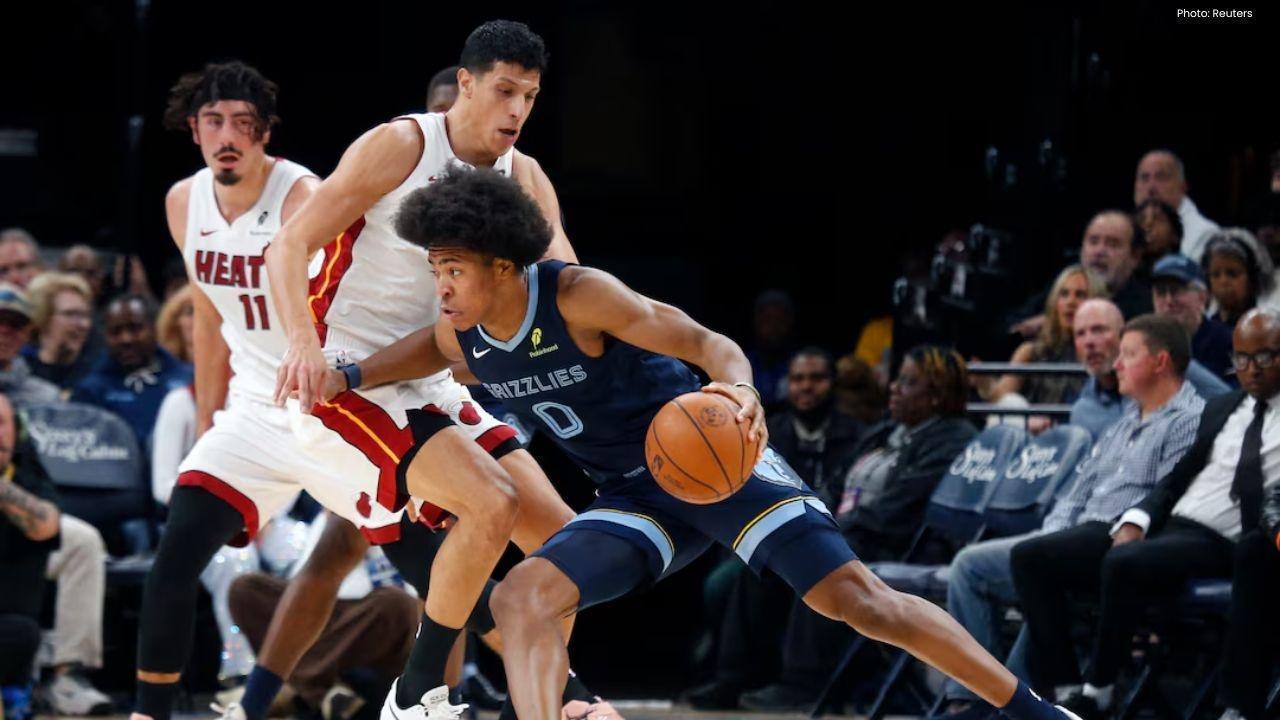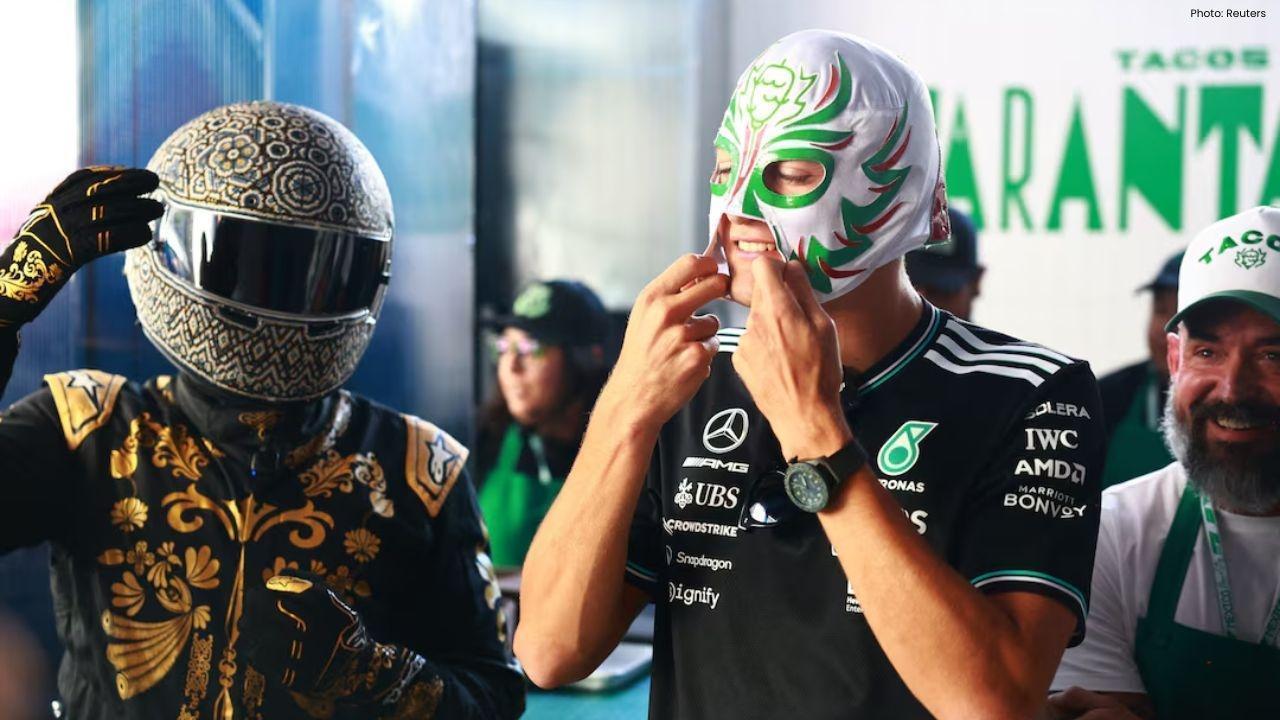
Post by : Priya
Photo:Reuters
In a world where screens have replaced playgrounds and where high-tech gadgets often steal children’s attention, a quiet movement is gaining momentum. This movement seeks to bring back something old, something joyful, and something deeply rooted in history — traditional games.
The International Council, a global body that supports cultural preservation and community development, has launched a far-reaching campaign to revive and promote indigenous games across the world. This campaign, which combines education, community action, and international cooperation, is designed to protect and nurture the games that once filled the fields, streets, and open spaces of villages and towns in every corner of the world.
These games are more than entertainment. They are mirrors of a community’s history, values, and creativity. As the world becomes more globalized and technology-focused, the Council believes it is time to restore balance between modern lifestyles and ancient traditions.
What Are Indigenous Games?
Indigenous games are traditional sports or activities that originated in specific cultures or regions, often passed down from generation to generation through storytelling and practice. These games were not just meant to pass time. They were closely linked with community bonding, physical fitness, storytelling, nature, and social values.
Some well-known examples include:
These games varied by region, climate, and culture, but they all shared a few common features: they were played outdoors, required little or no equipment, and promoted physical activity, teamwork, and tradition.
The Problem — Why These Games Are Disappearing
As cities grow and lifestyles change, traditional games are slowly vanishing. Children now spend more time indoors. Global sports like football, basketball, or cricket dominate media coverage. The rise of digital games and social media has also taken over young people’s free time.
Other challenges include:
The International Council’s New Campaign
To stop this cultural loss, the International Council has launched a multi-year, global campaign focused on reviving indigenous games.
The Council’s key goals include:
1. Documentation
Collecting and recording details of traditional games, including rules, history, and techniques.
Working with cultural experts and elders in communities to preserve oral histories related to the games.
2. Education
Encouraging schools to add indigenous games to physical education programs.
Creating easy-to-use guides and videos for teachers, parents, and students.
3. Community Events
Supporting local tournaments and festivals where traditional games are played and celebrated.
Offering grants to community groups who organize such events.
4. Youth Engagement
Launching social media campaigns that make traditional games fun and relatable for the younger generation.
Holding global contests where children can submit videos of themselves playing local games.
5. Policy Support
Working with governments to include traditional games in national sports programs.
Encouraging official recognition of traditional sports organizations and federations.
Global Examples of Revival Efforts
The Council’s efforts are already showing results in some countries. Here are a few examples:
🇮🇳 India
In rural Rajasthan and Maharashtra, schools are now including Kho-Kho and Langdi in weekly sports lessons. In Kerala, the traditional martial art Kalaripayattu is being taught again in schools, supported by both cultural departments and health ministries.
🇰🇪 Kenya
In the towns around Nairobi, NGOs are reviving traditional Maasai jumping games and teaching children how these games improve stamina and coordination.
Mexico
The ancient Aztec ballgame Ulama is being promoted again in small villages, and cultural centers have created modern training grounds where the game can be taught.
🇵🇭 Philippines
Local government units in Mindanao are supporting Sipa tournaments, especially during town fiestas. Young people are being trained as referees and team leaders to help the game continue.
🇳🇴 Norway
In the far north, Sámi communities are bringing back reindeer herding games, which teach children how to work with animals and develop survival skills in the cold wilderness.
These efforts not only preserve culture but also create jobs, encourage tourism, and build community pride.
The Importance of Traditional Games
Why are traditional games worth saving?
1. Cultural Identity
Traditional games are expressions of a people’s story — their values, skills, environment, and beliefs.
2. Health and Fitness
Many of these games promote natural movement and outdoor play. They are excellent for improving strength, speed, flexibility, and focus.
3. Affordable Entertainment
Unlike many modern sports that need equipment and expensive facilities, most indigenous games require simple tools — sticks, stones, ropes, or balls made from local material.
4. Social Connection
These games are often played in groups, promoting teamwork, patience, and fair play. They build trust and unity within communities.
5. Skill Development
Games often teach strategic thinking, balance, coordination, and leadership. Some even offer survival training or help with daily tasks like hunting, fishing, or farming.
Expert Voices and Opinions
The revival campaign has been praised by educators, cultural activists, and sports professionals.
Dr. Amina El-Bashir, a cultural anthropologist, says:
"Traditional games carry hidden wisdom. They are tools of education and emotion. When children play them, they learn respect — for rules, for elders, for the land."
Coach Samir Patel, a youth sports trainer in Gujarat, notes:
"When we teach Kabaddi in schools, children not only get fit, but they also connect with their roots. The pride we see in their eyes is priceless."
Professor Helen Vasquez, who works on sports heritage in South America, adds:
"We must protect these games before they disappear. Losing a traditional game is like losing a language or a song. It leaves a gap in humanity’s story."










NBA Friday Recap: Powerhouse Wins for Miami, LA, Milwaukee, and Clippers
Miami, LA Lakers, Milwaukee, and Clippers triumphed in a thrilling NBA Friday, showcasing standout p

Doncic Shines with 49 Points in Lakers' 128-110 Victory over Timberwolves
Luka Doncic dazzles with 49 points as the Lakers secure a 128-110 win against the Timberwolves, show

Kings Triumph Over Jazz 105-104 with Last-Minute Sabonis Effort
The Sacramento Kings edged out the Utah Jazz 105-104, with Domantas Sabonis making the decisive shot

Argentina's Friendly Match Against India Delayed, New Date to be Announced
The friendly match between Argentina and India in Kochi has been postponed due to FIFA approval dela

Rohit and Kohli Conclude ODI Journeys in Australia with a Victory
Rohit Sharma and Virat Kohli bid adieu to Australian ODIs with a final win, forming a 168-run partne

George Russell's Wrestling Mask Antics at Mexican Grand Prix
George Russell donned a wrestling mask to enjoy the Mexican Grand Prix from the stands, providing a